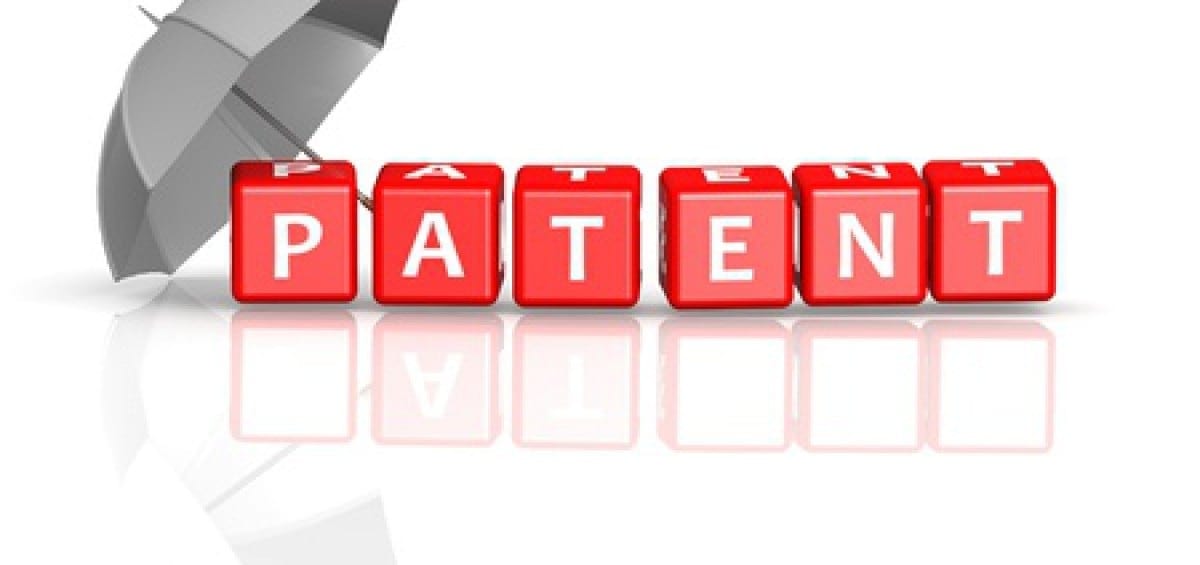Patent Rights
The core patent right is the right to prevent others from exploiting the patented invention.[40] “Exploitation” of a patented product means the making, importing, offering for sale, selling, stocking, using, or using of it. For patented processes, exploitation means using the process, or exploiting any product obtained directly by means of the product.[41]
The patent owner can institute court proceedings against any infringer, or anyone who performs acts which make infringement likely to occur.[42]
Certain limitations to patent rights exist, namely:[43]
- Acts with respect to articles put on the market by the patent owner or with their consent;
- Articles on vehicles temporarily or accidentally entering Cambodia;
- Experimental purposes;
- Users of the invention, or those making effective and serious preparations for use, prior to the priority date.
Upon request of the patent owner, or by a licensee in certain circumstances, a court may grant an injunction to prevent infringement or imminent infringement, award damages, or any other remedy provided for by law.[44] Further, anyone who knowingly infringes a patent shall be criminally punished by a fine of 5-20 million Riels (approx. USD 1,250-5,000), and/or imprisonment from one to five years.[45] Repeat infringers are subject to double fines and imprisonment.[46]
Government Exploitation & Non-Voluntary Licenses
Patent rights are not absolute, but subject to important limitations for government exploitation and non-voluntary licenses. The Government of Cambodia may decide, even without the agreement of the patent owner, that a government agency or a designated third-person may exploit the patent for the public interest in particular, national security, nutrition, health or development of vital economic sectors.[47] Further, if a court decides the patent owner’s or licensee’s use of the patent has been anti-competitive, they may permit government or third party-exploitation.[48] In either case, the patent owner has a right to a hearing and the payment of adequate remuneration.[49]
In addition to government and third-party exploitation, the law allows for the granting of non-voluntary licenses. Four years after the filing of the patent, or three years from its granting, whichever comes later, anyone may submit a request to the Minister for a non-voluntary license. This will be granted if it can be satisfactorily shown that the patented invention is not exploited, or is insufficiently exploited in Cambodia.[50] However, the patent owner may prevent the issuing of the non-voluntary license if they can show justifying circumstances.[51] As with government and third-party exploitation, the patent owner is entitled to compensation.[52]
Invalidation
Any interested party may request the invalidation of a granted patent.[53] The request will be granted if it can be shown that the patent’s subject matter is improper, it is not novel, does not involve an inventive step, is not industrially applicable, or if its exploitation is contrary to public order, morality, or prohibited by law.[54] Further grounds for invalidation include insufficient description, improper claims or insufficient drawings.[55]



